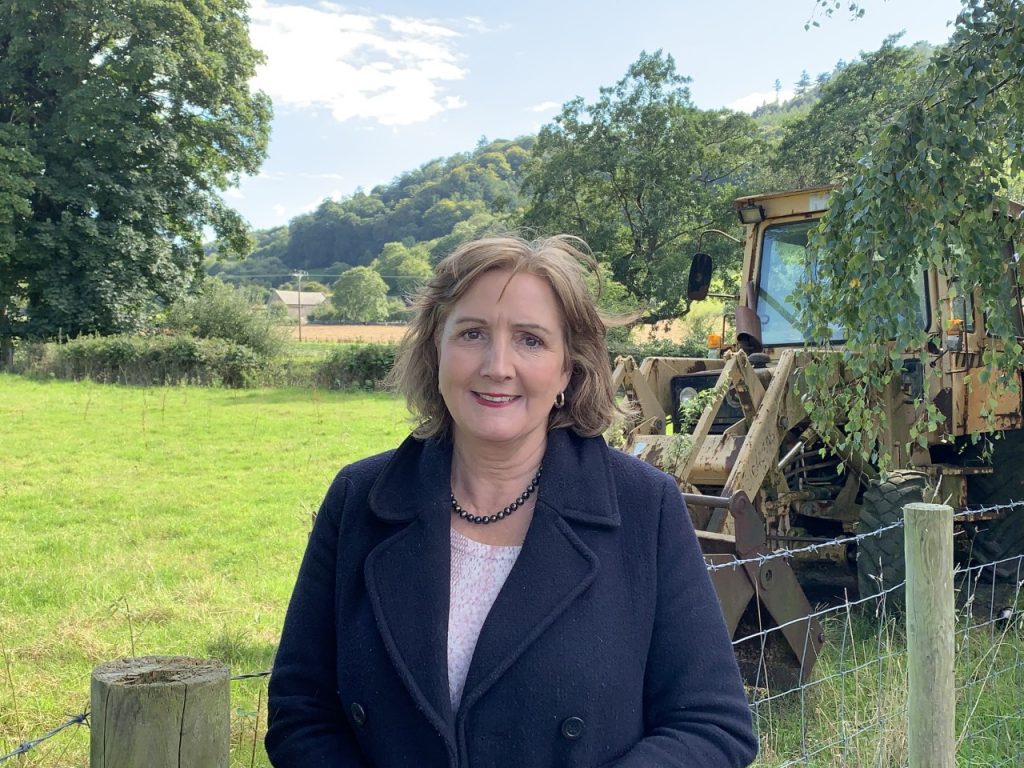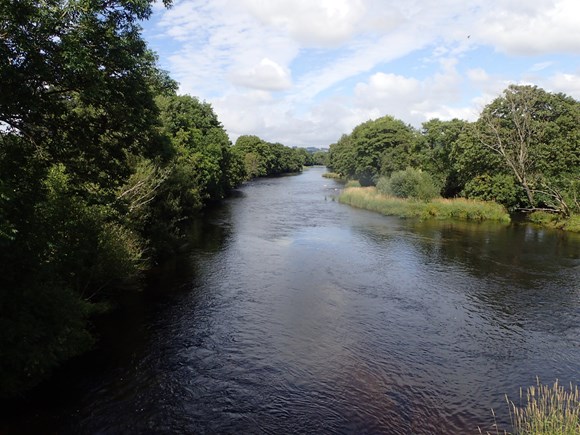NRW has published its 2023 performance reports for the two water companies operating in Wales, Dŵr Cymru Welsh Water and Hafren Dyfrdwy.
It highlights the worst performance from Dŵr Cymru Welsh Water against the metrics measured, which are standardised in England and Wales.
The company was responsible for 107 sewage pollution incidents in 2023. The number of serious pollution incidents rose from five to seven, including a major incident involving a burst sewer pipe on the River Taff at Pontypridd in March last year.
The report also flags concerns about a small but significant decline in water discharge permit compliance, dropping to 98%.
Improvements were made to the number of pollution incidents self-reported to NRW, which rose to 70% during 2023 but still fell short of the minimum 80% target.
Water companies are expected to self-report incidents to NRW before others do. Without a rapid response, the impact of pollution can escalate, and the opportunity for mitigation measures can be lost.
While Dŵr Cymru Welsh Water will stay at a two-star (company requires improvement) rating this year, NRW has issued a stark warning that it needs to reverse its downward performance trends.
Clare Pillman, Chief Executive of NRW, said: “Despite increased pressure from ourselves as regulators, and from politicians and the public, Dŵr Cymru Welsh Water has failed to make the kind of improvements we want and expect to see.
“It is unacceptable that we are now seeing a year-on-year increase in significant pollution incidents at a time when so much is being invested in improving our rivers and water quality for nature and people.
“In response, we continue to use all the enforcement tools available to us to drive improvements. We are pursuing several formal investigations, including potential prosecutions relating to incidents and issues of permit compliance. While these processes can take time, we are absolutely committed to seeing them through.”
Dŵr Cymru Welsh Water provide drinking water and wastewater sewerage to the majority of Wales. Hafren Dyfrdwy, part of the Severn Trent group, provide wastewater services to some border counties in north and mid-Wales.
Due to its small operating area, Hafren Dyfrdwy does not receive a star rating from NRW, however similar measures are used to assess the company’s performance.
For 2023, Hafren Dyfrdwy saw an increase in descriptive condition permit non-compliances (aspects such as maintenance, management and reporting) compared to 2022.
The company was responsible for one low-level sewerage incident but no serious pollution incidents.
Clare Pillman added: “While there are always improvements to make, we are pleased to report that Hafren Dyfrdwy’s performance has improved from last year.
“We would like to see the company to build on this accomplishment and continue to drive further improvements during the 2024 reporting period.”
NRW and the Environment Agency are reviewing the methodology for the annual reporting of water company performance for use on 2026-2030 data.
The review will include strengthening and broadening the current Environmental Performance Assessment to ensure it results in the most beneficial change for the environment.
A consultation with water companies and other relevant stakeholders will be held over the summer.
- Dŵr Cymru Welsh Water annual environmental performance report.
- Hafren Dyfrdwy annual environmental performance report.

Welsh Conservative Shadow Minister for Climate Change, Janet Finch-Saunders MS, said: “NRW’s damning progress report highlights the further decline in performance from Dŵr Cymru water, but also that Labour has dropped the ball on sewage in Wales.
“Dŵr Cymru is now facing prosecution after its worst-ever performance last year, all whilst people in Wales are facing water bill hikes of up to £200.
“With Wales having four times as many sewage discharges as England, inaction by Dŵr Cymru and the Labour Welsh Government is compromising our Welsh waterways. Welsh Conservatives continue to call for Labour and NRW to hold water firms to account with more effective enforcement and fining measures, ensuring our waterways are safe.”














